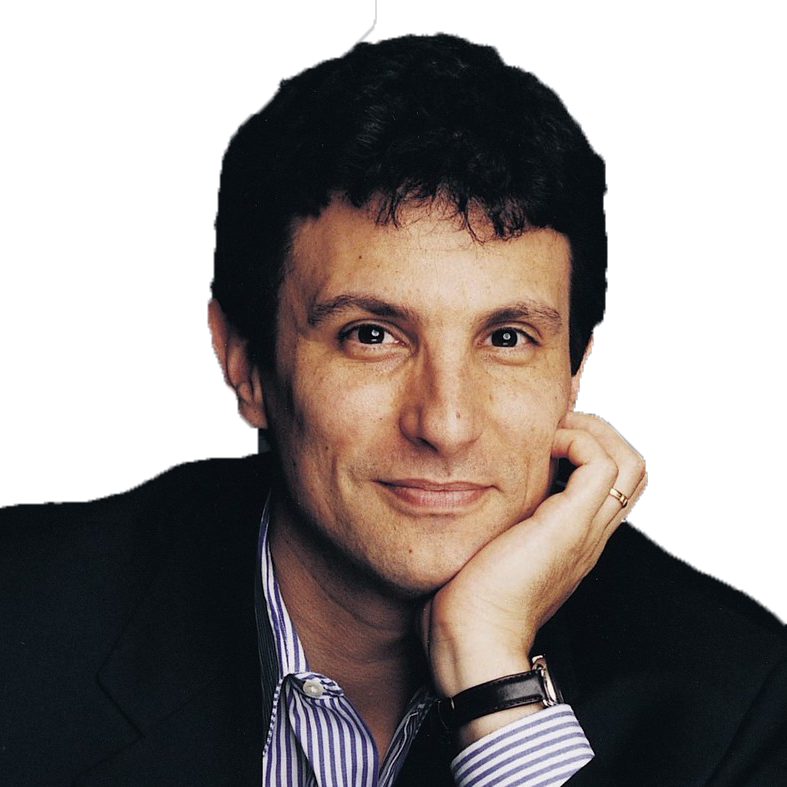
David Remnick
Biography
Remnick was born in Hackensack, New Jersey. Remnick graduated from Princeton University with a bachelor’s degree in comparative literature in 1981. He accepted a job at the Washington Post shortly after graduating. Remnick started as a night crime reporter, a position he held only briefly. He transitioned to the sports section, where George Solomon was the Post’s sports editor. After ten years at The Post, Remnick joined The New Yorker.
He has reported on Russia, the Middle East and Europe for the magazine. His 2010 biography on Barack Obama, “The Bridge: The Life and Rise of Barack Obama,” debuted at No. 3 in the New York Times Best Seller list for hardcover nonfiction. Remnick has also contributed pieces to The New York Review of Books, Vanity Fair, Esquire and The New Republic.
Interviewed by Joseph Foley in 2016
Iwasn’t interested in sports journalism; I was interested in getting a job with the Washington Post.
I was there as an intern twice and the only job they had was sports. And they said we can keep you but we need you to work as a sportswriter. Do you know anything about sports? And I kind of knew enough, so that’s what I did.
I was no sports expert. I wasn’t like Michael Wilbon or a lot of other people whose desire was to be a sports journalist and who’ve stayed in it all their lives.
The sports editor at that time was George Solomon, and he said make me a deal that for two years you’ll do whatever I ask you to do. And I happily made that deal because he was incredibly generous and kind. So that’s what happened, that’s what I did. I knew enough about sports because I watched games and I followed sports as a human being, and that was enough knowledge to get started.
To be honest with you, I have no snobbery about sports or any other subject. To this day I’m a fan, but that wasn’t my goal. After all, sports are an entertainment. It’s a business but it’s an entertainment. We follow it so that we don’t have to think about Donald Trump or war or all the other terrible things in life all the time.
We watch Golden State playing Cleveland because it’s a diversion. Not because it’s the end of the world, because it’s the opposite of the end of the world. It takes you out of the world.
I mean it’s completely and utterly meaningless. It’s ten people running up and down throwing a ball in a hoop. In the greater scheme of things it has no meaning whatsoever. But it’s incredibly entertaining and fun, and there are a lot of human dramas involved in it.
Sometimes it becomes a business matter; sometimes it becomes a matter of politics. It can have extra meanings, but as such, these are games that children play. That’s why they’re invented. They’re not invented so that LeBron James has something to do, they’re invented so kids have something to do, and they’re fun.
I’m not putting it down, I love this stuff, please understand that. But these are inventions, these games are inventions, so that human beings get exercise and have something fun to do and diverting. It’s a diversion from the much more difficult activities of life.
I was among the youngest people on the Washington Post staff, so it wasn’t like they gave me the prime assignments. The first major assignment I got was this terrible new football league called the USFL, the United States Football League. It was this incredibly stupid idea to start a professional football league in the summer, and Washington had a team called the Federals. And in fact, New Jersey had a team called the Generals owned by Donald Trump.
It was a business disaster, and the contrast with the Redskins was enormous because the Redskins were the most important thing in Washington besides the United States government.
We covered the Redskins like it was the end of the world. But nobody went to the Federals games. I think I was the only person who saw every game, other than the players.
So it was kind of fun, you could do with it whatever you wanted to. There were all these crazy characters on the team, cause they weren’t all that good. They were people whom if they hadn’t been playing for the Federals, they might have been working in construction or doing all kinds of things. I had a good time with that. It was fun.
I also covered boxing, and by the ’80s nobody cared about boxing. Boxing was dying, but there were still some good fighters left, including Sugar Ray Leonard and Marvin Hagler and Roberto Durán.
There used to be a time in this country when the most important sports were boxing, baseball and horse racing. Now boxing is diminishing, horse racing is almost dead and baseball is, I think, diminishing too, except the World Series. Partly because it’s become all white and Hispanic, black participation in baseball is getting less and less. Boxing was fun, and that was all left to me too.
On if he had an interest in editing from a young age:
Nope. Not at all. Not one bit. The only editing I ever did was my high school newspaper, but I did the whole high school newspaper by myself, nobody else was interested. What I wanted to do was write. So I became a student reporter in college and then right out of college I got a job pretty much with the Washington Post. First as a night police reporter, covering crimes in the middle of the night. Then more permanently a sports reporter, and then a feature writer, and then a magazine writer and then a Moscow correspondent. Then I left the Washington Post after being there for a total of ten years for the New Yorker.
At the New Yorker I wrote about all kinds of things. I became the editor of the magazine totally by accident. The editor of the magazine left, Tina Brown, and they had no one to be the editor. And for some crazy reason that I still don’t understand, 18 years ago, they made me the editor. It was an insane idea.
On “The Only Game in Town:”
The easier answer is I just picked a lot of things I thought were incredibly fun. The New Yorker, while not a sports magazine by any stretch of the imagination, is a magazine for writers. So once in a while, writers who often have other interests write something fantastic about sports.
I think the best baseball piece ever written was John Updike’s piece about Ted Williams last game in uniform, called “Hub Fan Bid Kid Adieu.” Roger Angell, who is still with us and is 97 years old, is the best baseball writer who ever lived, by far. No one is even close.
The best boxing writer who ever lived also happened to be a New Yorker writer, named A.J. Liebling. If you read Roger Angell and A.J. Liebling, you’ll learn a lot. Because that’s the kind of writing that doesn’t take ten minutes. It’s not a blog post and it lasts not for 15 minutes or 15 days, but it lasts forever. So those three writers really were the heart of the order. Here and there a lot of people have taken a crack at it.
The best experience I ever had writing about sports was writing a book about Muhammad Ali. It had nothing to do with the interview as such, because by the time I got to Muhammad Ali, he could barely speak. I mean I spent some time with him but it wasn’t, in a traditional sense, the most fruitful conversation you could imagine because he was a sick guy. He couldn’t speak very well; he had Parkinson’s disease, which my father had. And I know only too well what effect that has. I enjoyed that very much.
I also enjoyed covering the famous Mike Tyson-Evander Holyfield ear-biting fight. It’s a story called “Kid Dynamite Blows Up.” I wrote a long piece about Tyson, on deadline, a long New Yorker piece, that I thought came out ok. And for the Washington Post, for George, wherever he sent me, that’s what I did. College basketball, football, and hockey: which I knew nothing about. I mean nothing. Wherever George said, go here go there, that’s what I did. I was like a traveling salesman. I saw the country, I was young, I lived out of a suitcase and it was incredibly fun.
Advice to young journalists:
There are no stories in the office. The best thing you can do is show up all the time. The kind of information you get when you’re sitting in the office reading the Internet all day or watching television is one thing. You have to go places, meet people and get out of the office. Experience life and then write about it, don’t write about it through the mediation of the computer screen or the television. I think that’s very important and I see that less and less. I don’t mean to sound like some old grouch saying that, although I’m probably getting to the point where I am both of those things.
If you can end up with a job where you are doing something you love, you are the luckiest soul on Earth.
I can’t say enough about how much fun it is to be a journalist. Everybody talks about the First Amendment, the high purposes and the seriousness of journalism; that’s all true. What people don’t talk about enough is how fun it is. I don’t know anything like it.
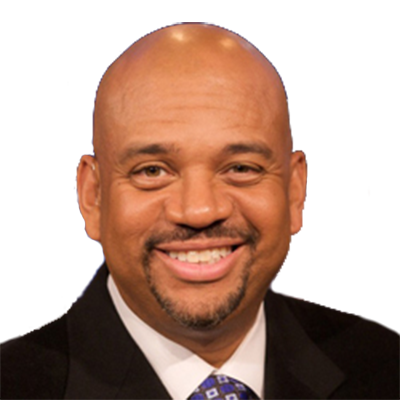 Michael Wilbon
Michael Wilbon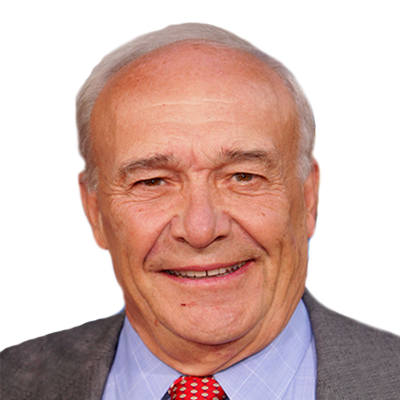 Bill Nack
Bill Nack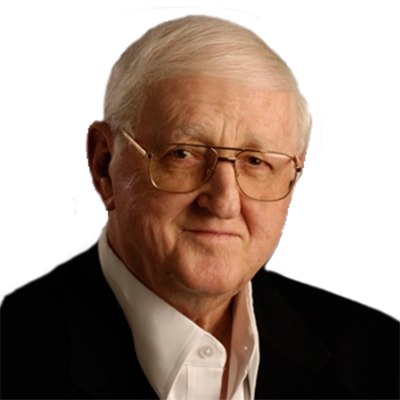 Dan Jenkins
Dan Jenkins Sally Jenkins
Sally Jenkins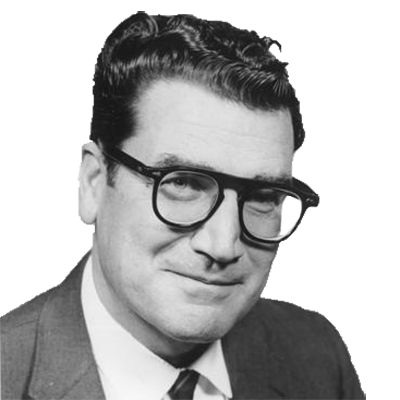 Jim Murray
Jim Murray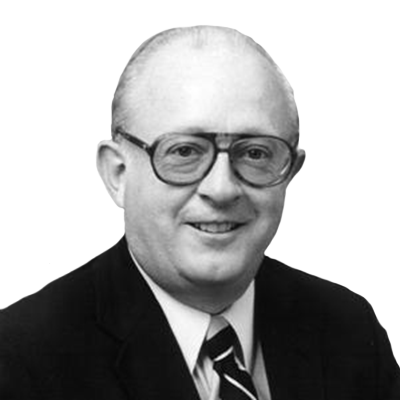 Dave Anderson
Dave Anderson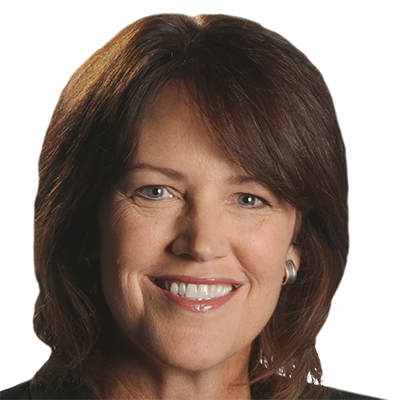 Christine Brennan
Christine Brennan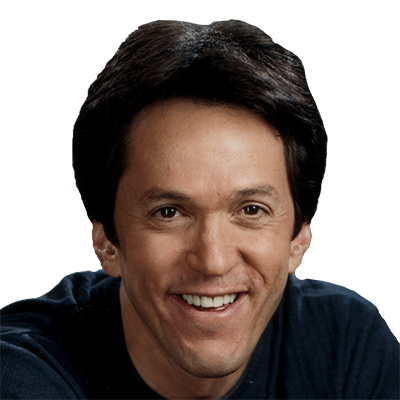 Mitch Albom
Mitch Albom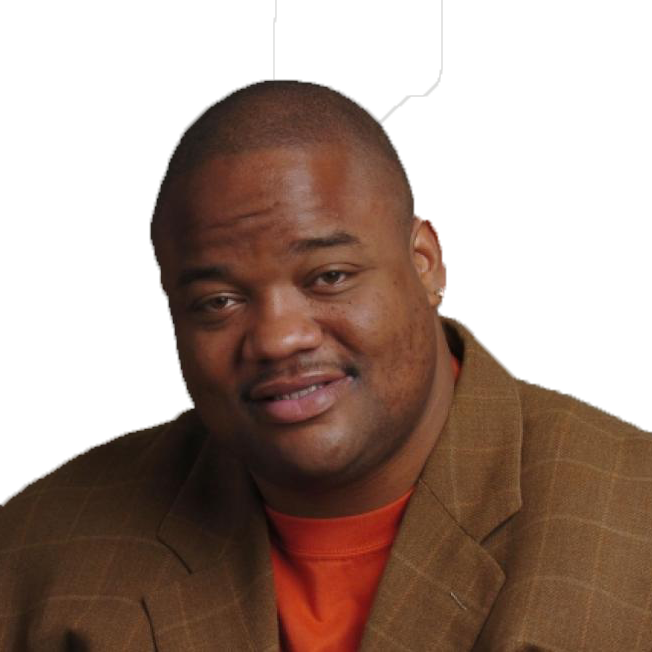 Jason Whitlock
Jason Whitlock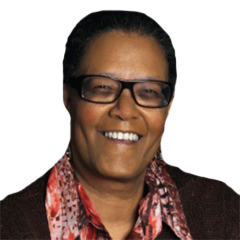 Claire Smith
Claire Smith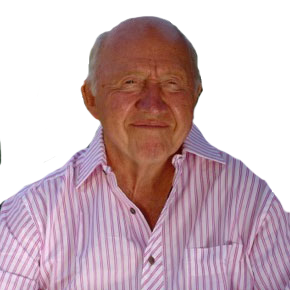 Bud Collins
Bud Collins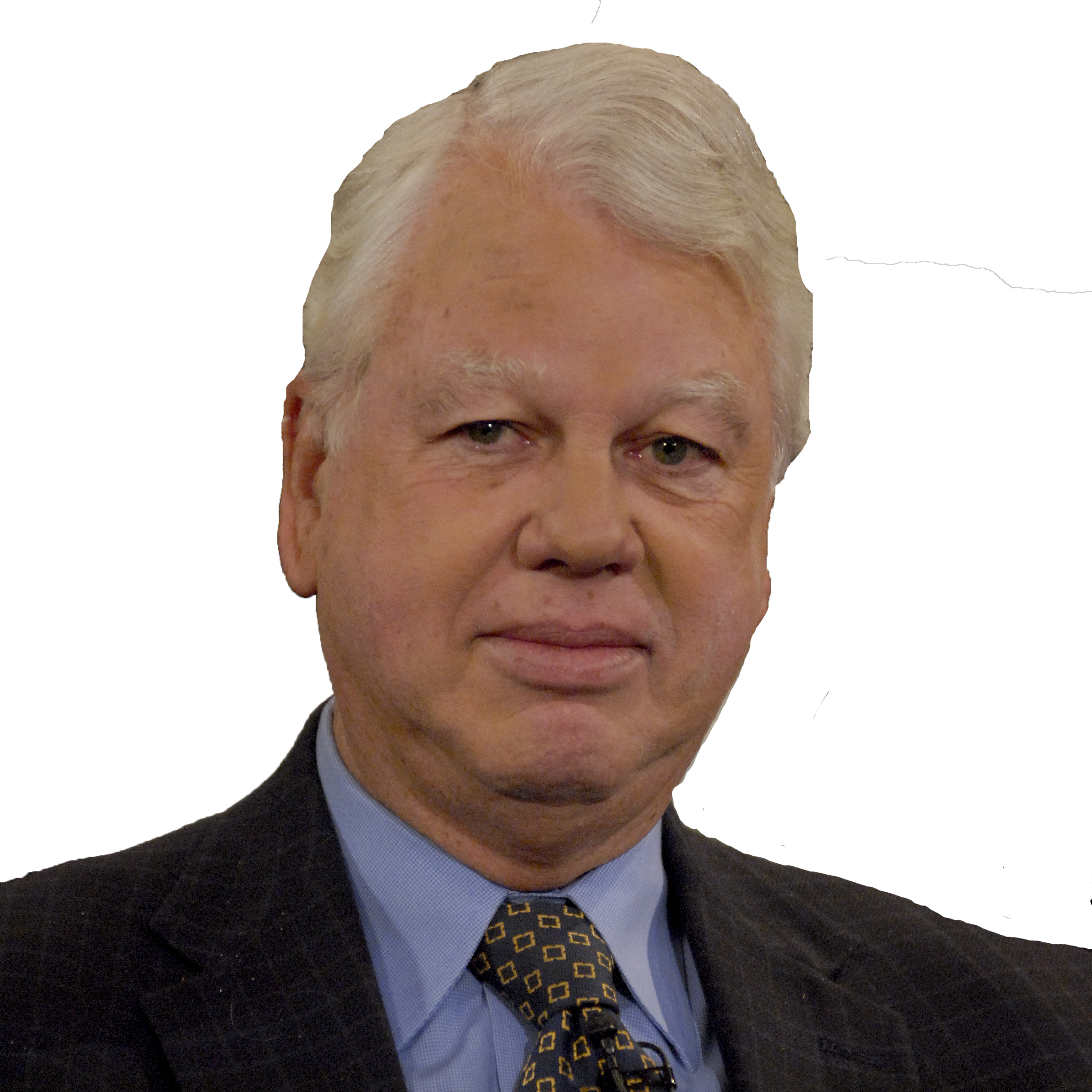 Bob Ryan
Bob Ryan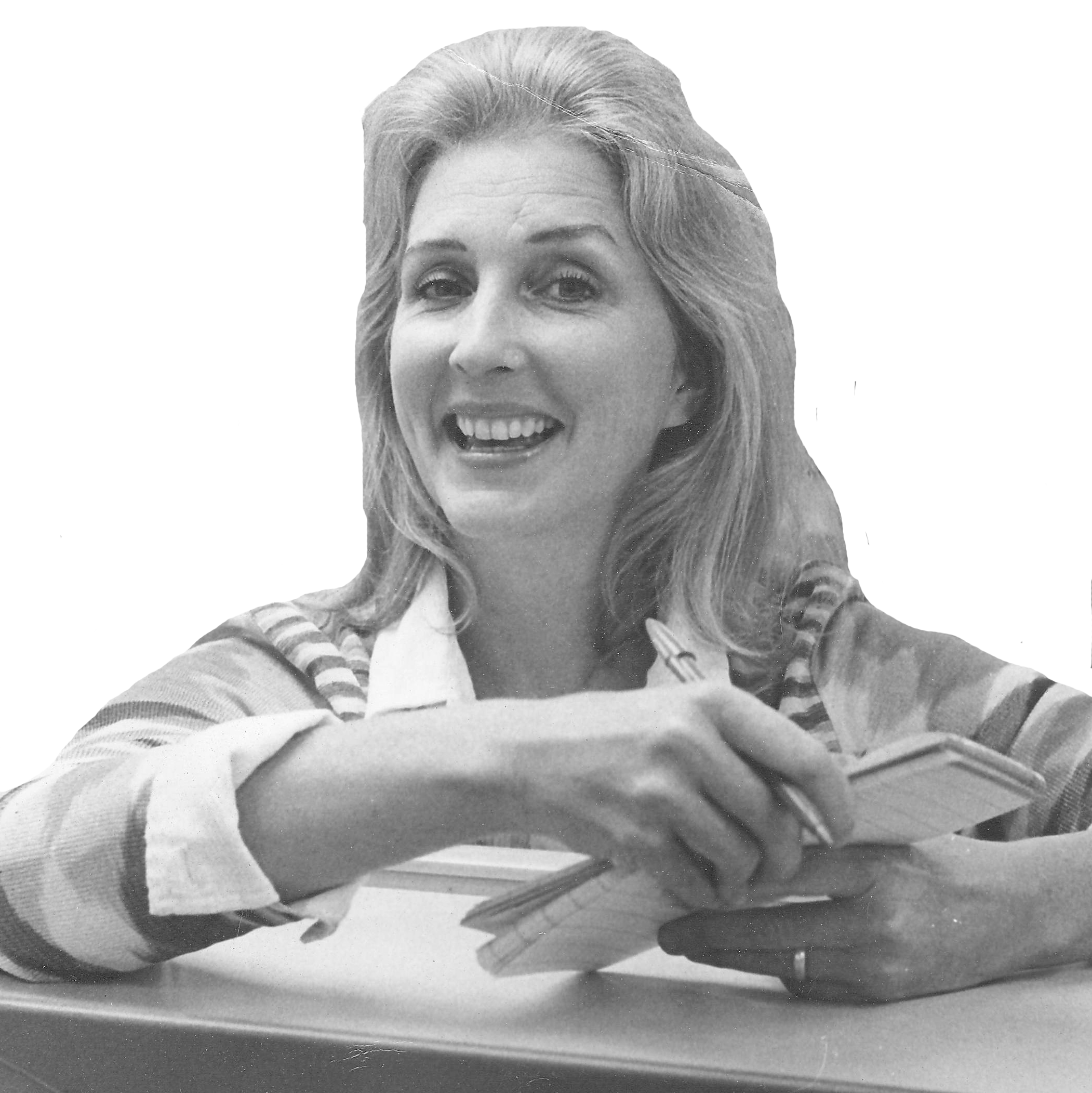 Joan Ryan
Joan Ryan Peter King
Peter King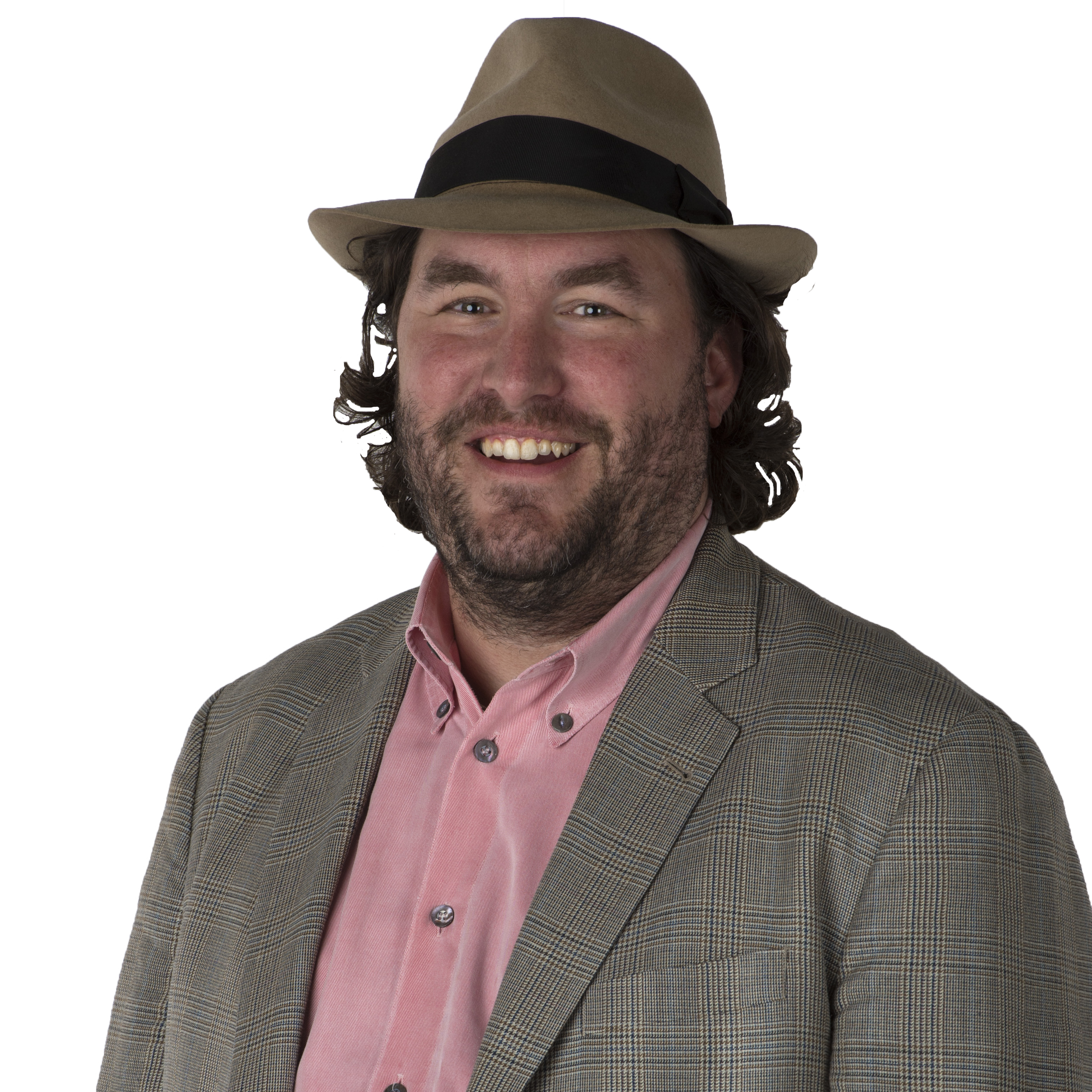 Wright Thompson
Wright Thompson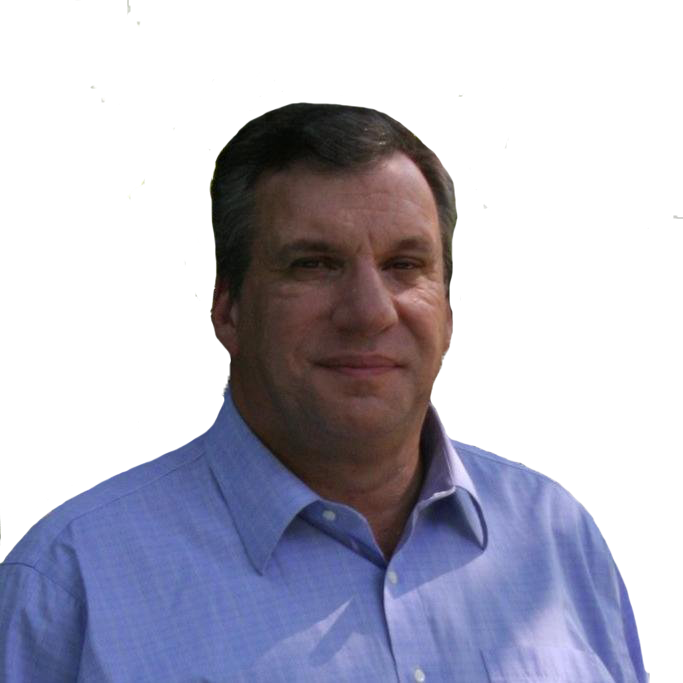 John Feinstein
John Feinstein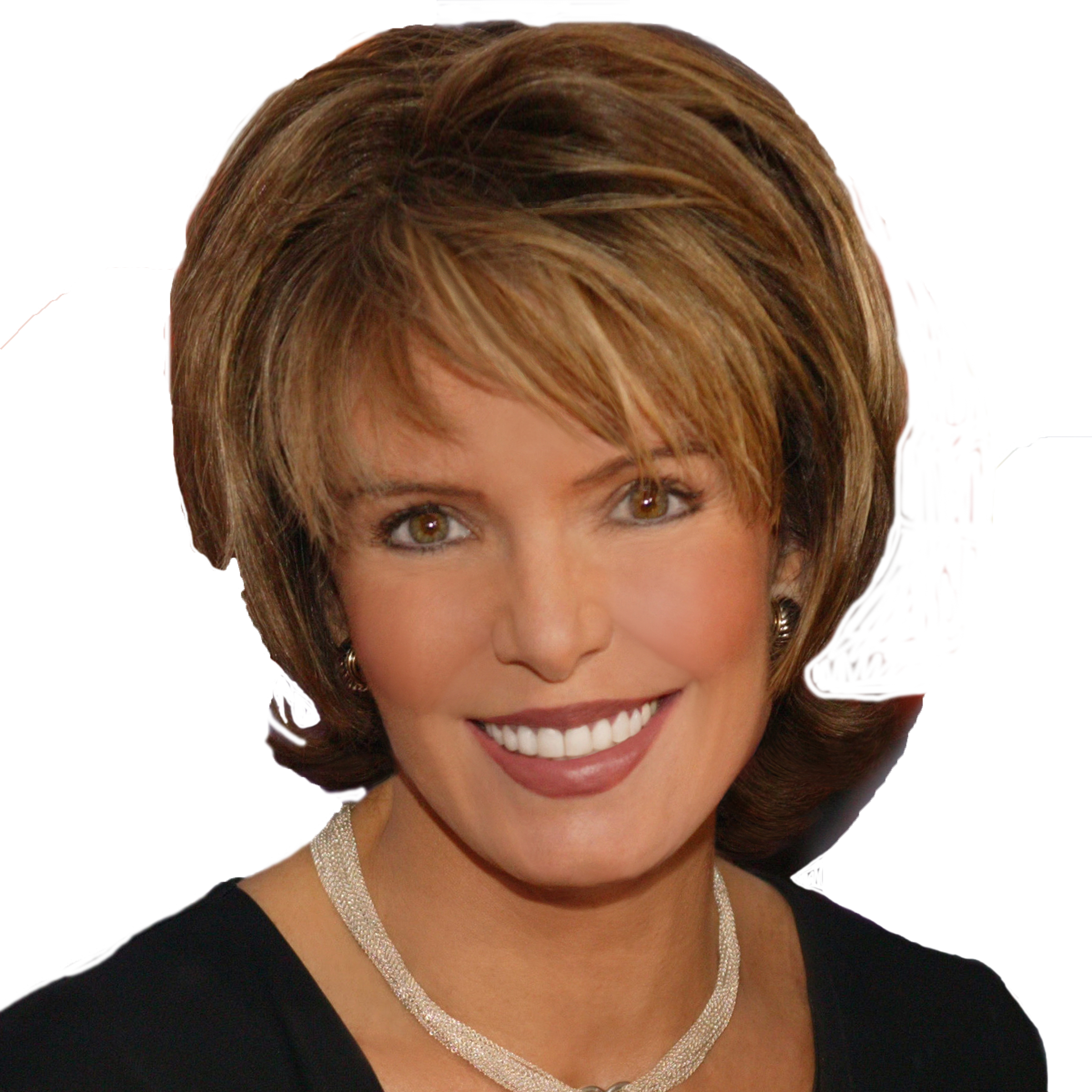 Lesley Visser
Lesley Visser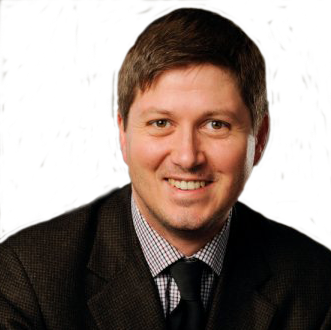 Will Leitch
Will Leitch Tim Kurkjian
Tim Kurkjian Joe Posnanski
Joe Posnanski
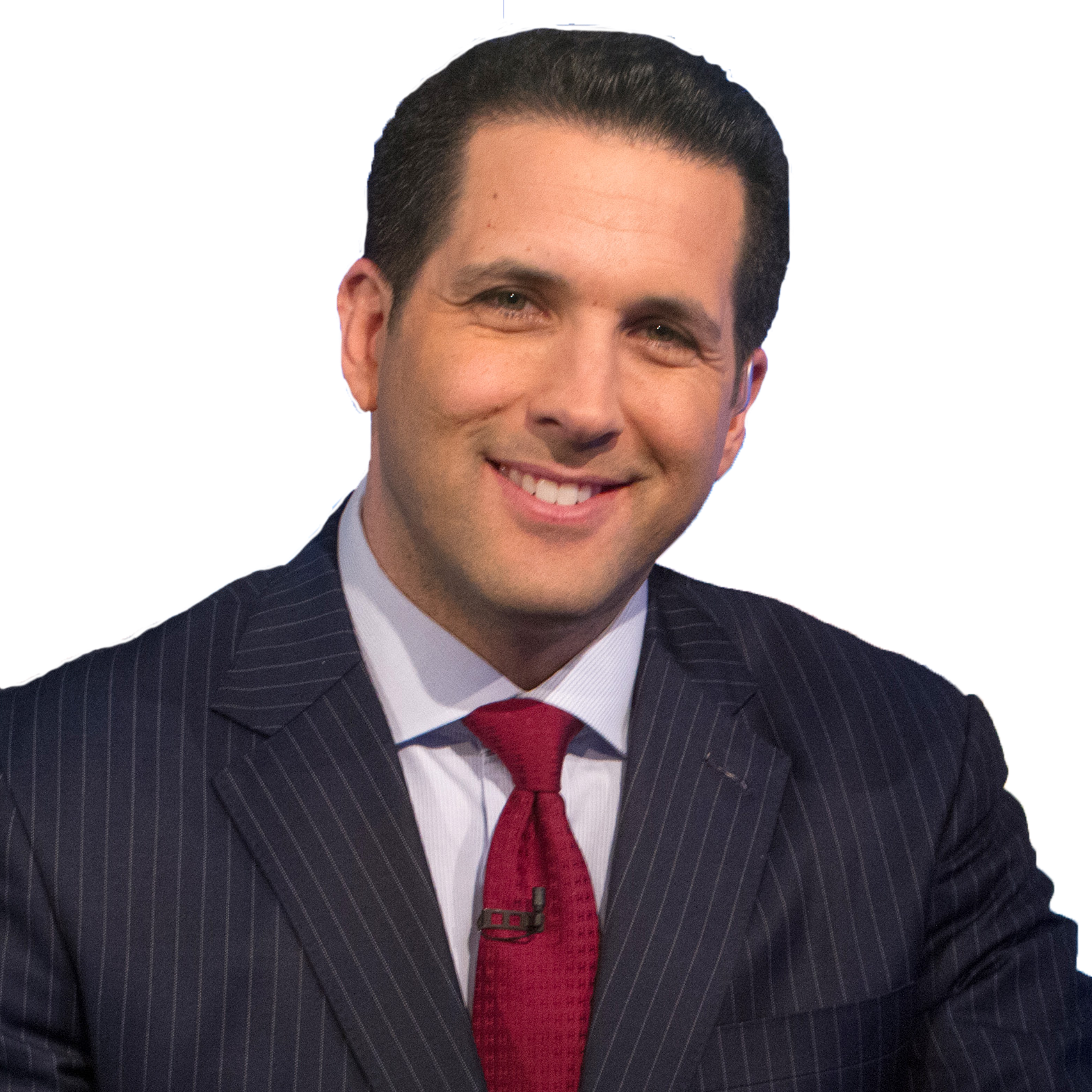 Adam Schefter
Adam Schefter
 Terry Taylor
Terry Taylor
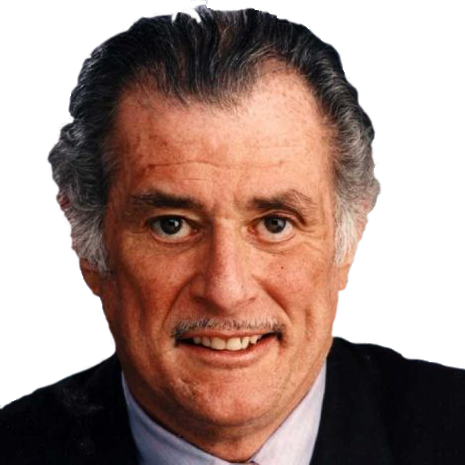 Frank Deford
Frank Deford
 Tom Boswell
Tom Boswell
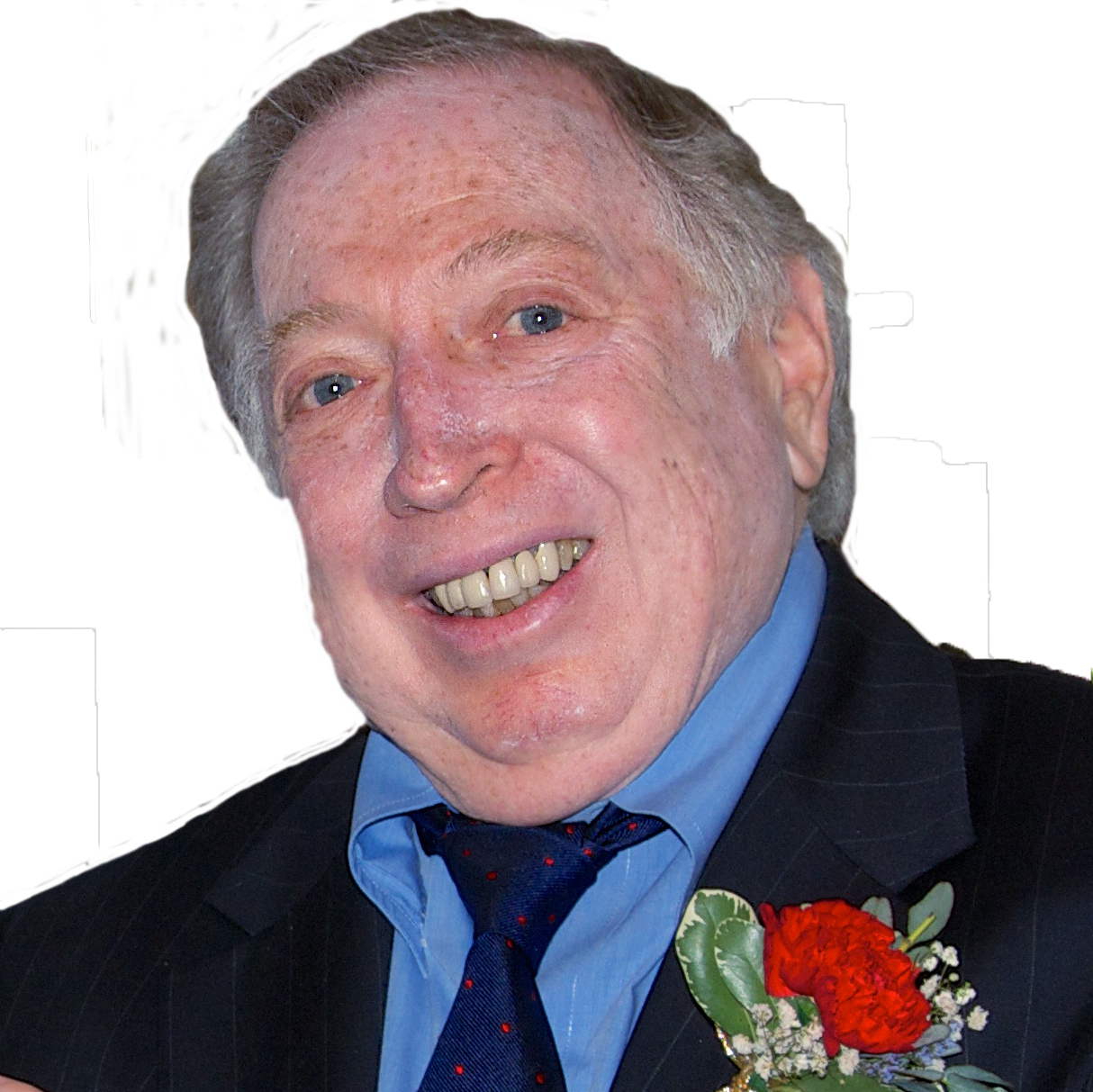 Neil Leifer
Neil Leifer
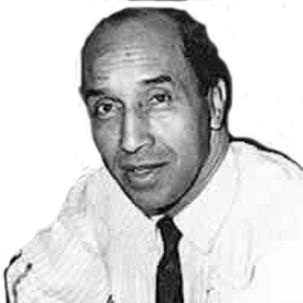 Sam Lacy
Sam Lacy
 Jane Leavy
Jane Leavy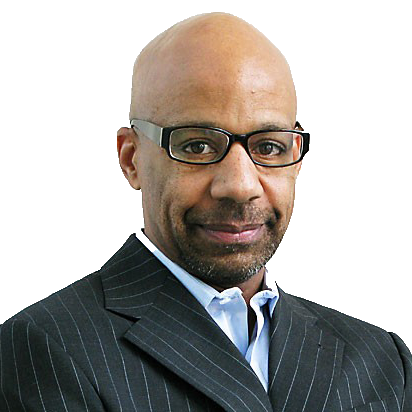 Kevin Blackistone
Kevin Blackistone Juliet Macur
Juliet Macur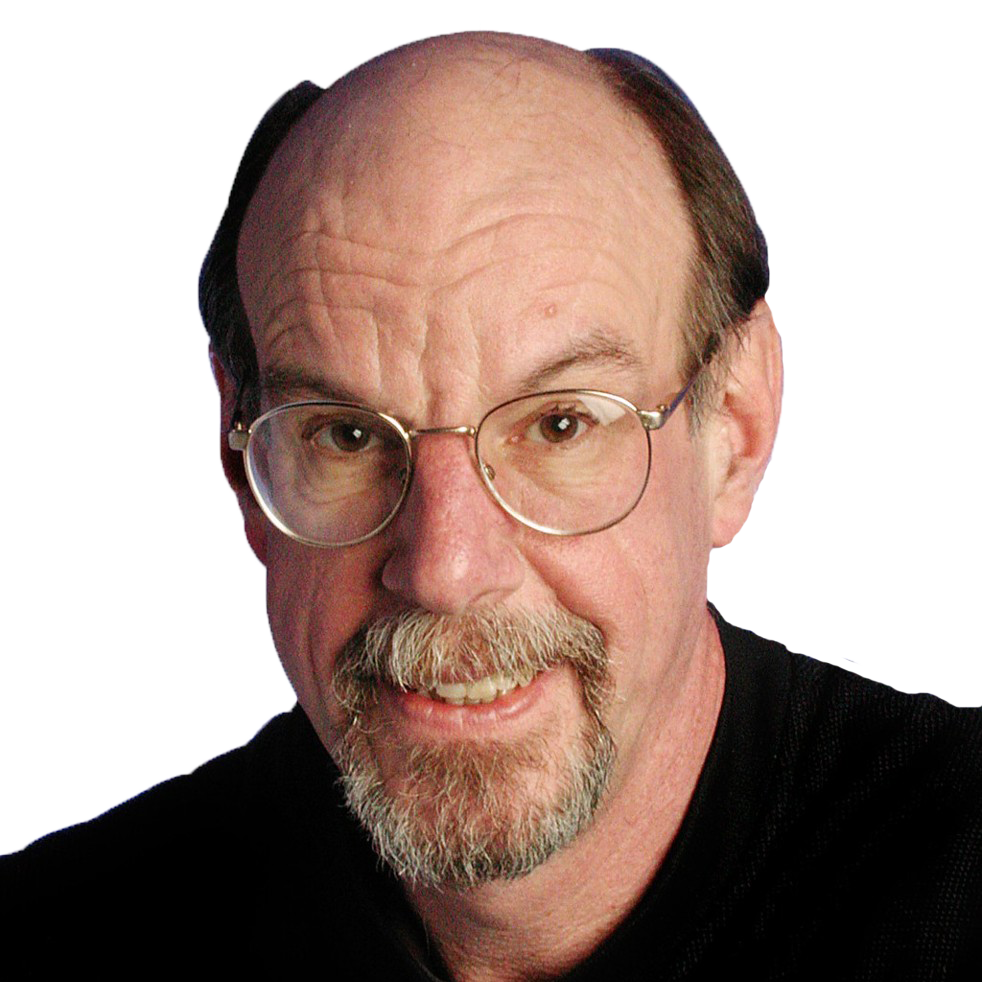 Andrew Beyer
Andrew Beyer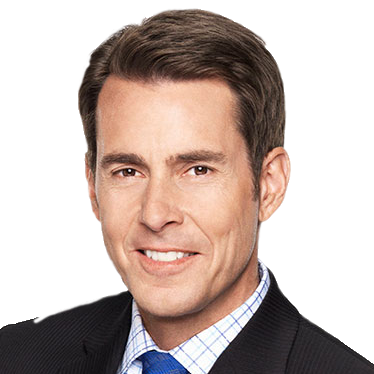 Tom Verducci
Tom Verducci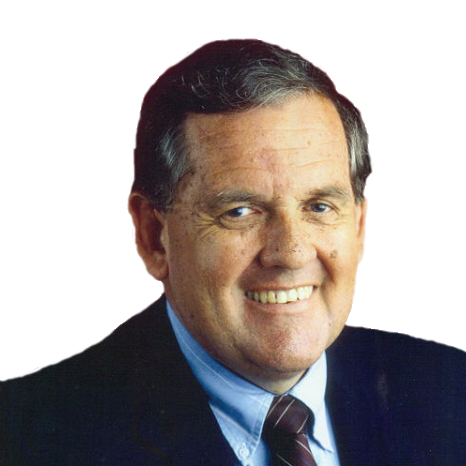 Hubert Mizell
Hubert Mizell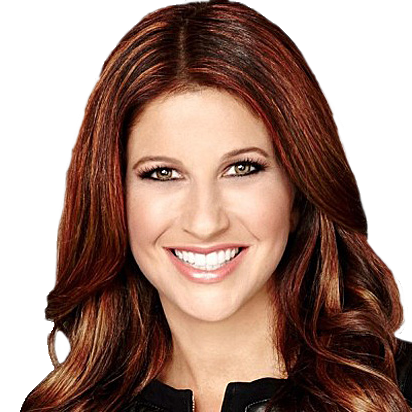 Rachel Nichols
Rachel Nichols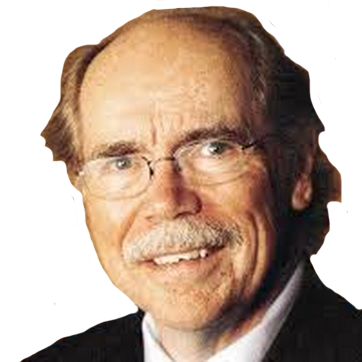 Dave Kindred
Dave Kindred Mike Lupica
Mike Lupica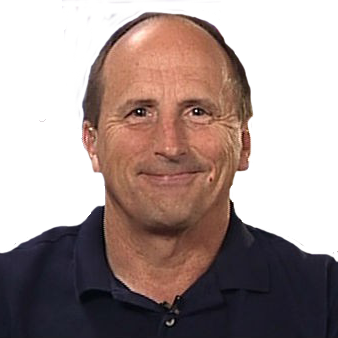 Richard Justice
Richard Justice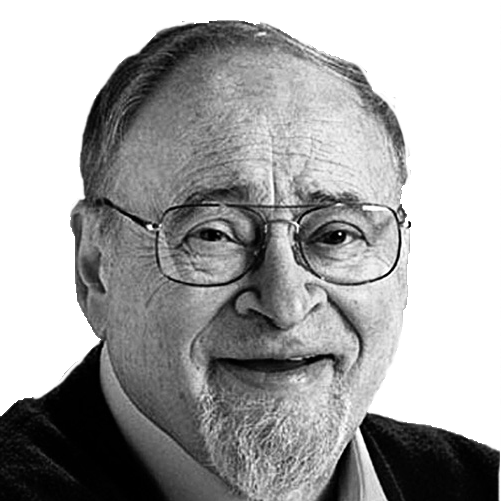 Jerry Izenberg
Jerry Izenberg Bill Plaschke
Bill Plaschke Kevin Van Valkenburg
Kevin Van Valkenburg George Vecsey
George Vecsey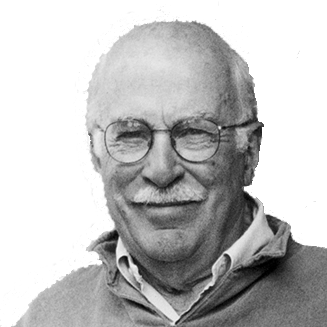 Roger Angell
Roger Angell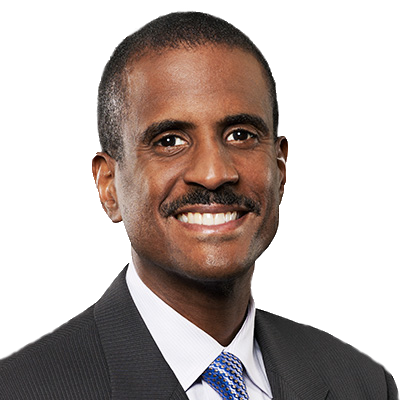 David Aldridge
David Aldridge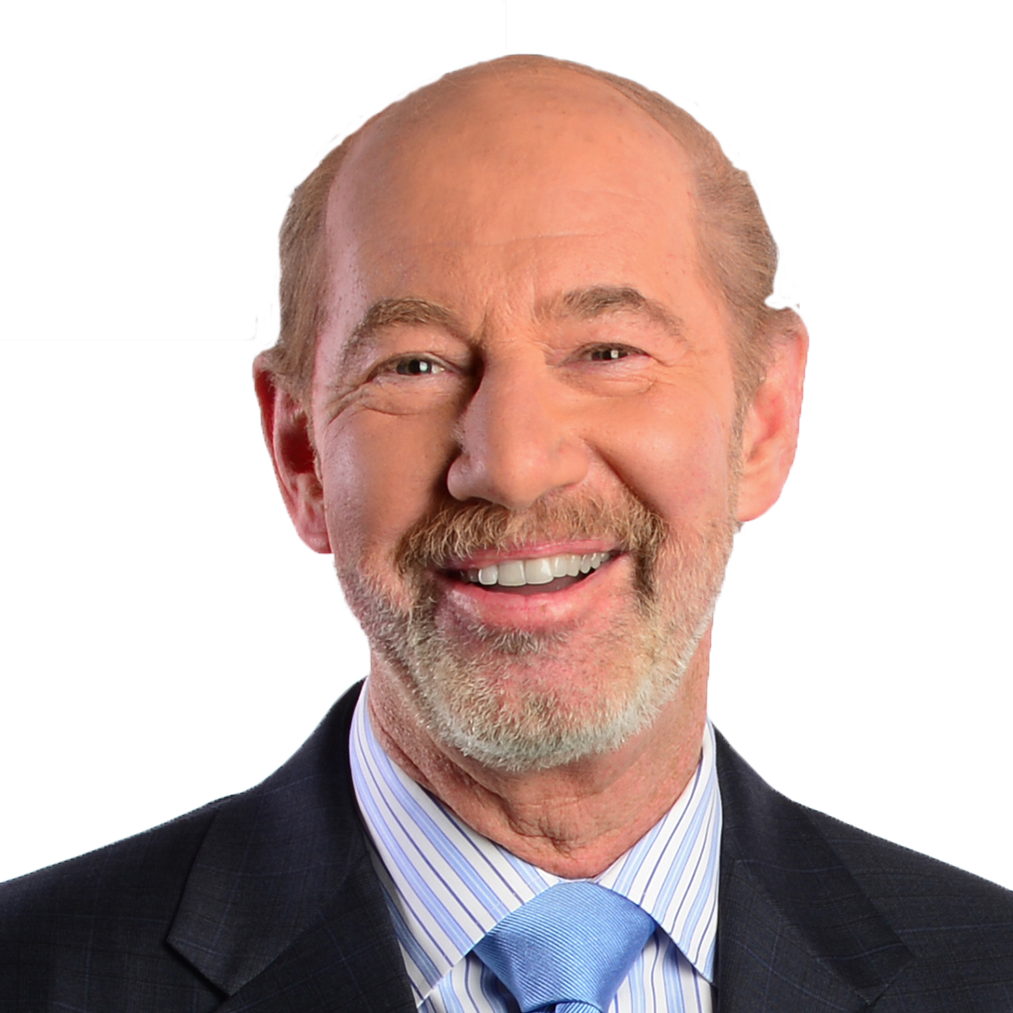 Tony Kornheiser
Tony Kornheiser Jackie MacMullan
Jackie MacMullan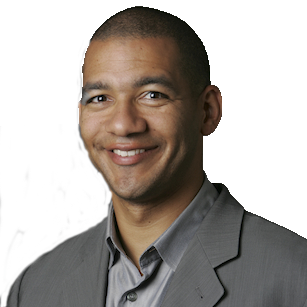 J.A. Adande
J.A. Adande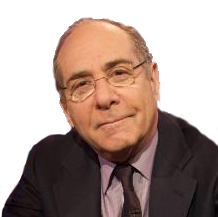 Robert Lipsyte
Robert Lipsyte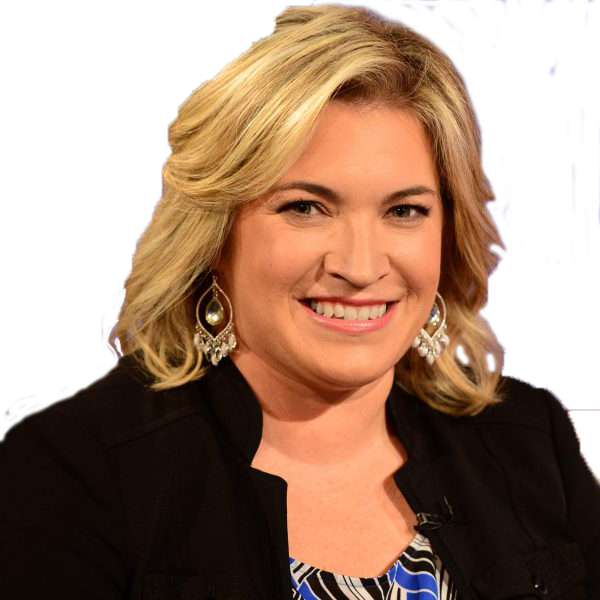 Ramona Shelburne
Ramona Shelburne David Remnick
David Remnick Bryan Curtis
Bryan Curtis Chuck Culpepper
Chuck Culpepper Jason Gay
Jason Gay Heidi Blake
Heidi Blake Dan Steinberg
Dan Steinberg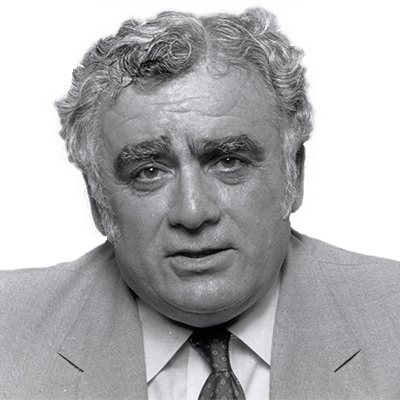 Jerome Holtzman
Jerome Holtzman Barry Svrluga
Barry Svrluga
